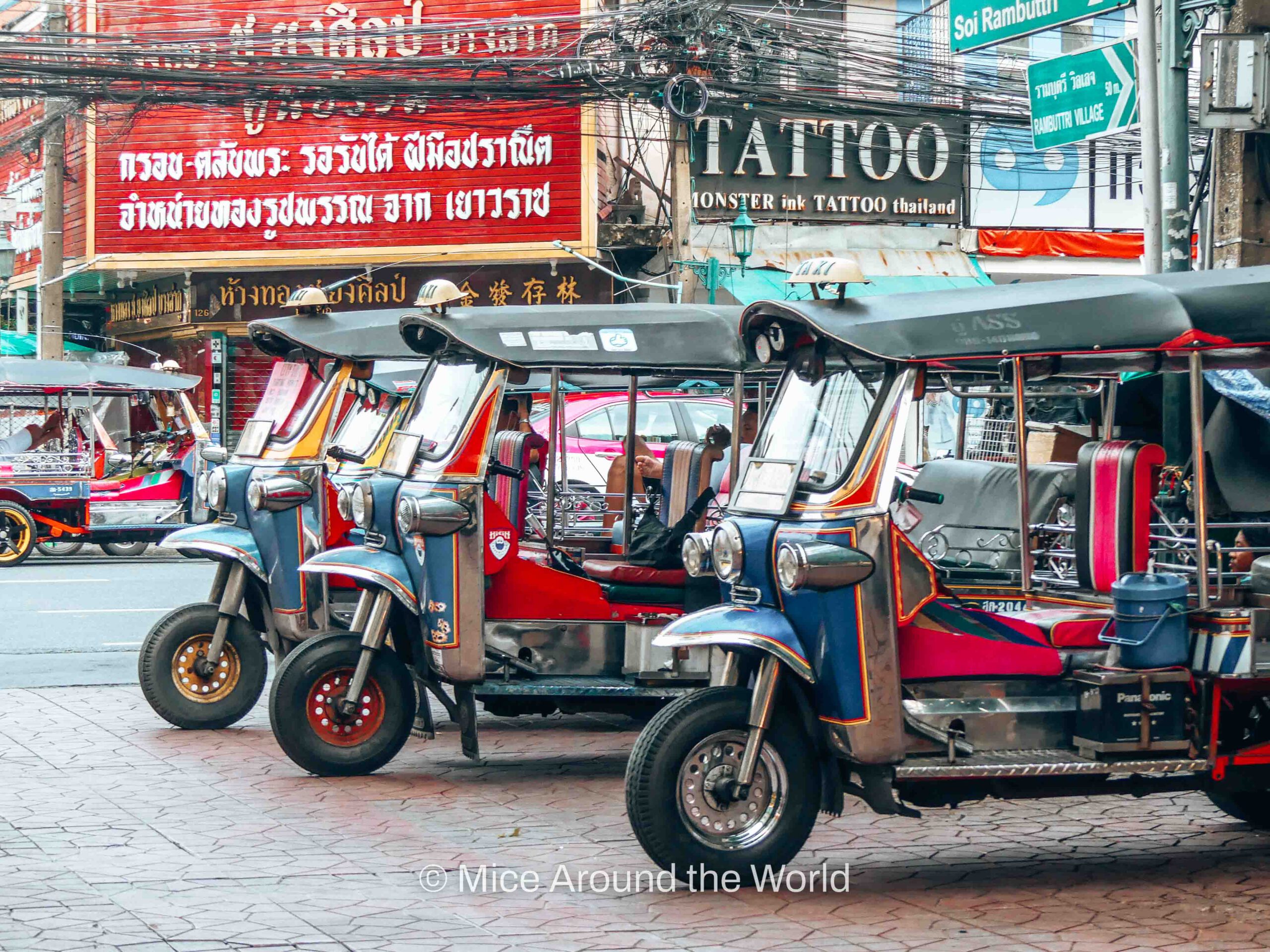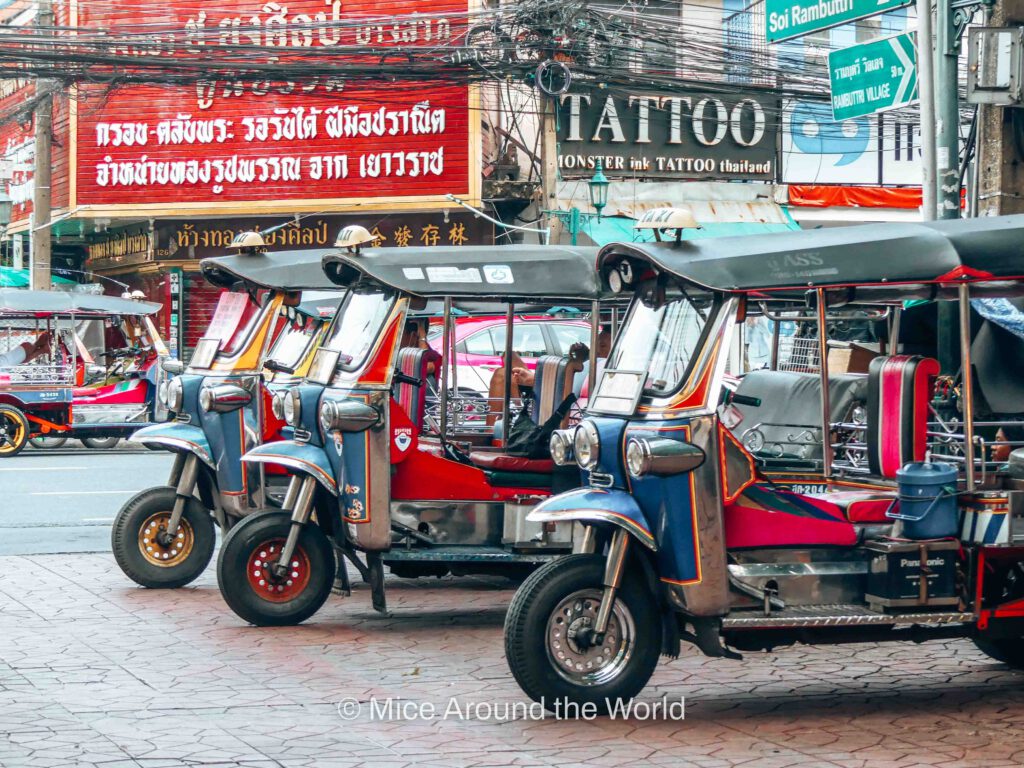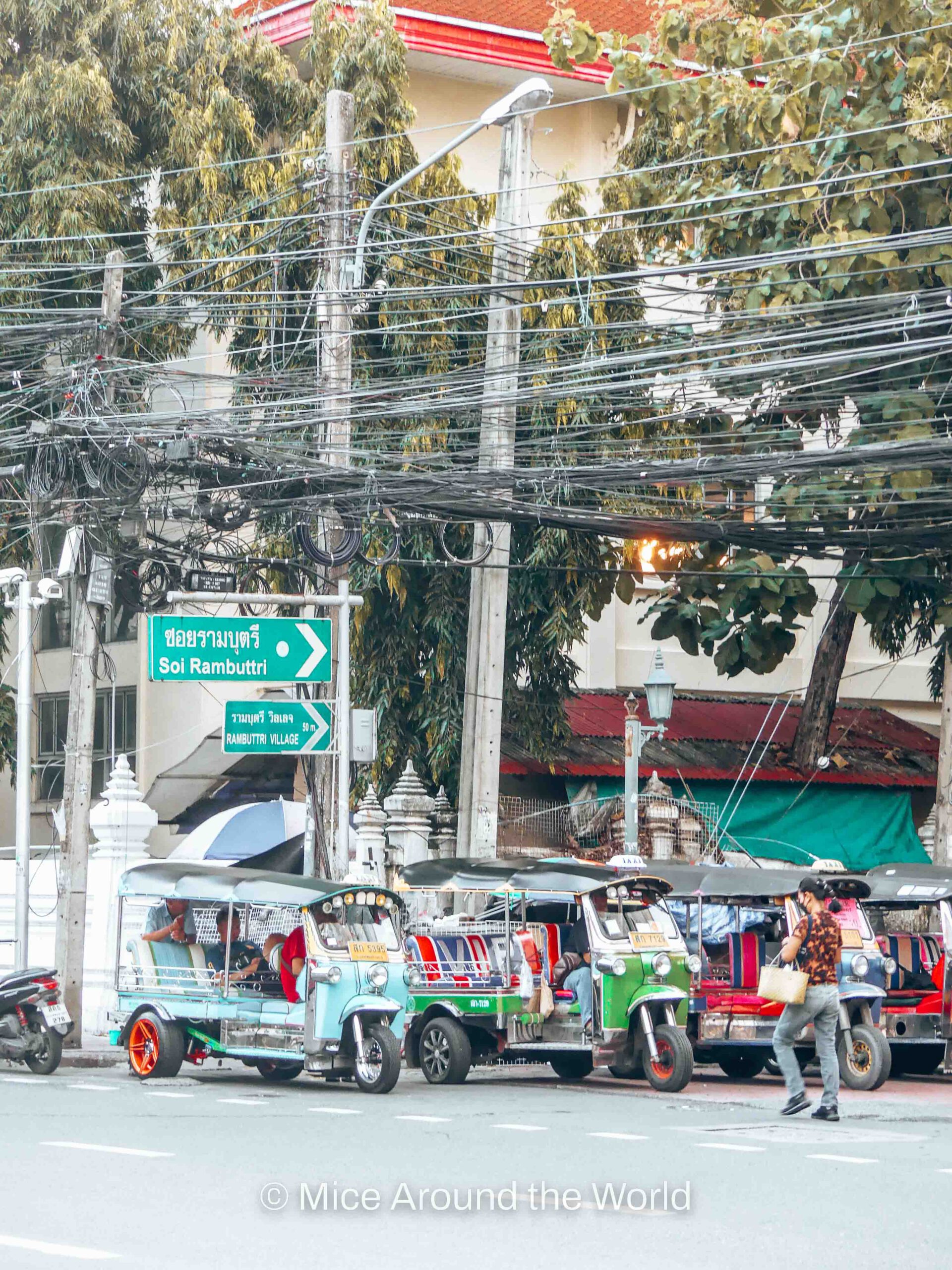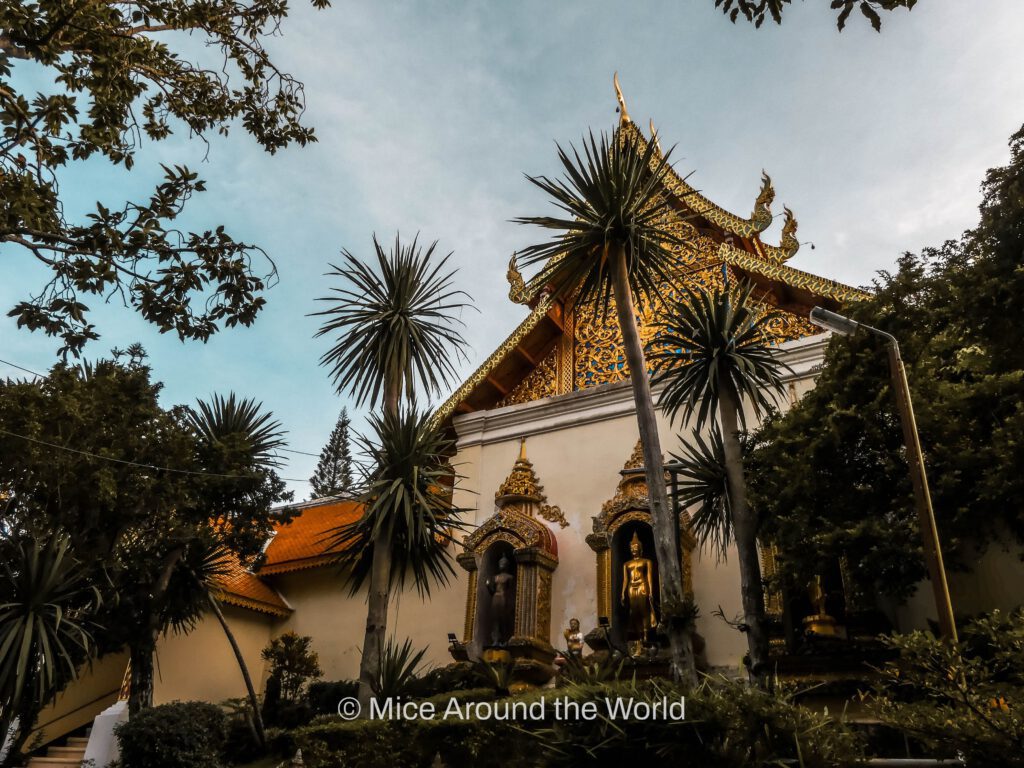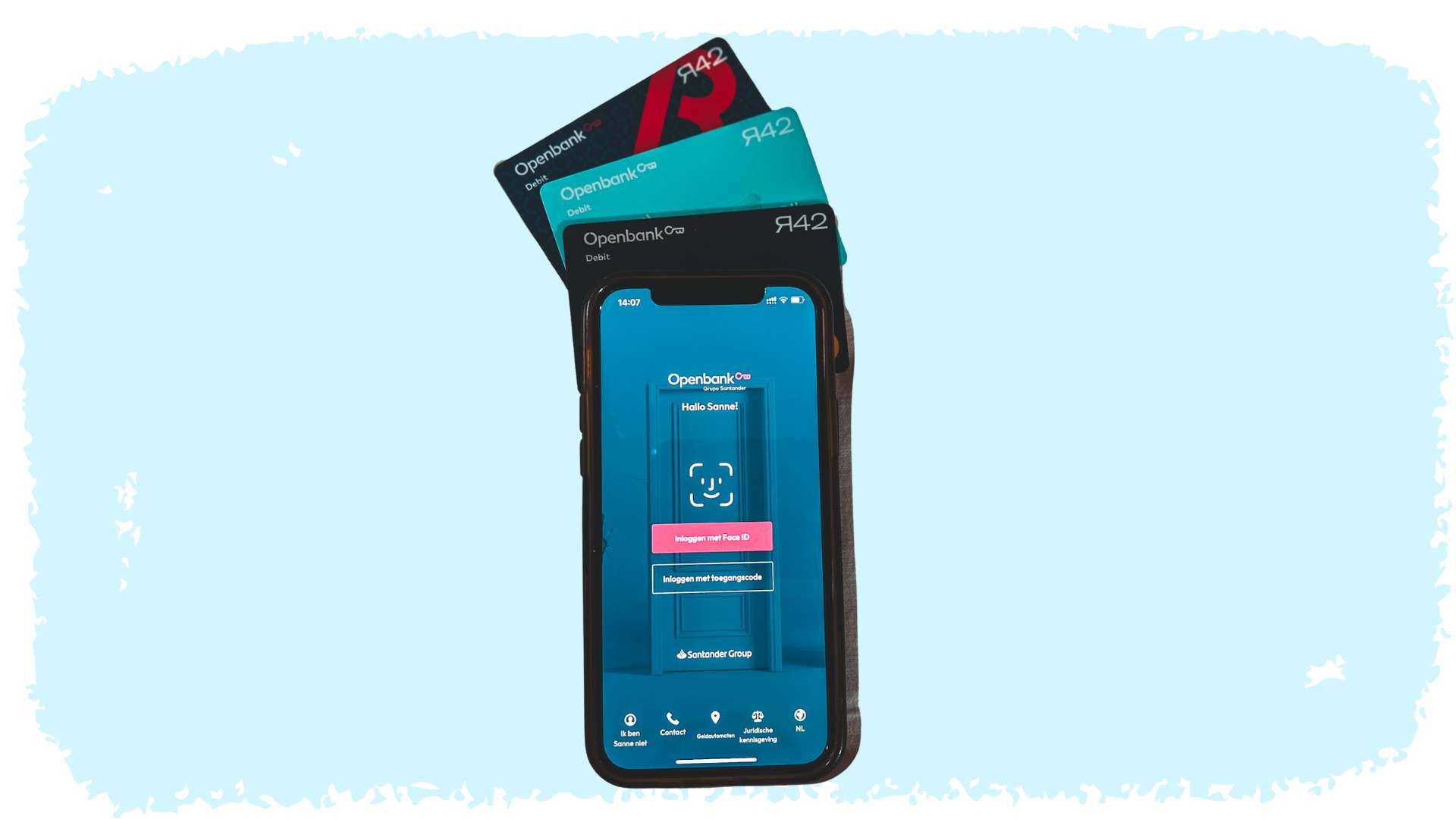
Whether you travel for short- or extended periods of time, it is never wise to use your own debit- or credit card for cash withdrawals and payments abroad. In this blog, we’ll explain the reason for this and the solution we found to overcome this problem.
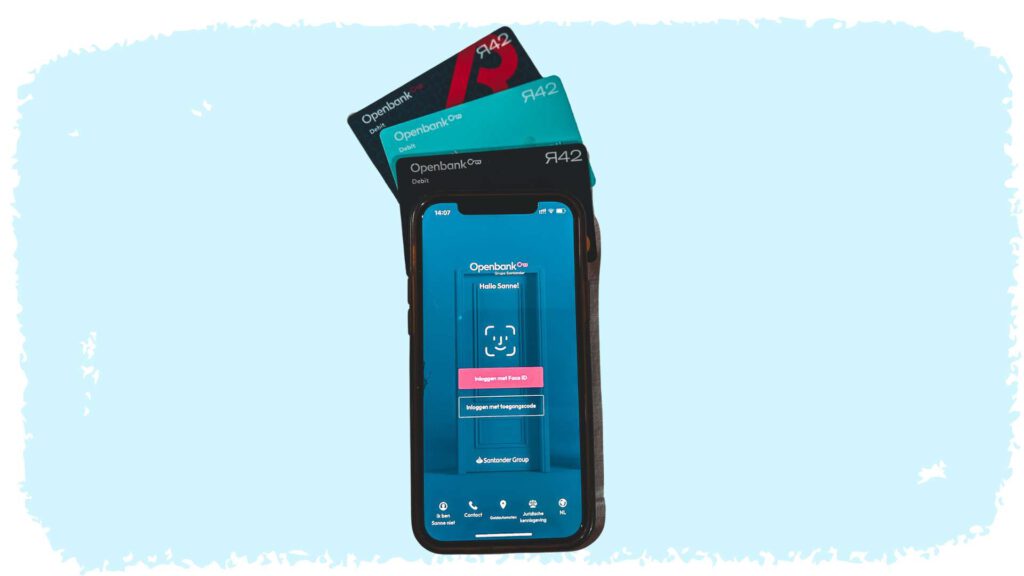
Throwing money out of the window
When withdrawing money cash with your Dutch or ‘home’ debit or make payments abroad in a country with a different currency, it will cost you money. It does not matter which bank it is, all Dutch (or any other country) banks impose an exchange rate surcharge. This means that apart from the (mostly unfavourable exchange rate) an extra percentage is imposed on top of the transaction amount (not only for ATM’s but for all payments).
For debet cards, this is usually around 1,5% per transaction, for creditcards even more around 2%. An example: You withdraw 20,000 Thai Bath with your debit card in Thailand = around €540. Your bank imposes an exchange rate surcharge of €3,50 (fixed rate) + 1,4% x €540 = €11 surcharge! Luckily, there are ways to prevent this so in time you can save a lot money you would otherwise spend on hotels and food.
Apart from an exchange rate surcharge, ATMs in Thailand (and other countries) usually charge their own usage fee. In Thailand, for example, you pay a fixed rate of 220 Bath = €5.95. This fee is unavoidable, even when using a bank that won’t charge you an exchange rate surcharge.
When withdrawing money abroad, ATMs often ask you whether you want to withdraw cash in your ‘home’ currency (€) or in the local currency. If you choose conversion, the local bank will convert the money into your home currency at a very unfavourable rate. Always choose the option ‘continue without conversion’, this is always cheaper and saves you a lot of money.
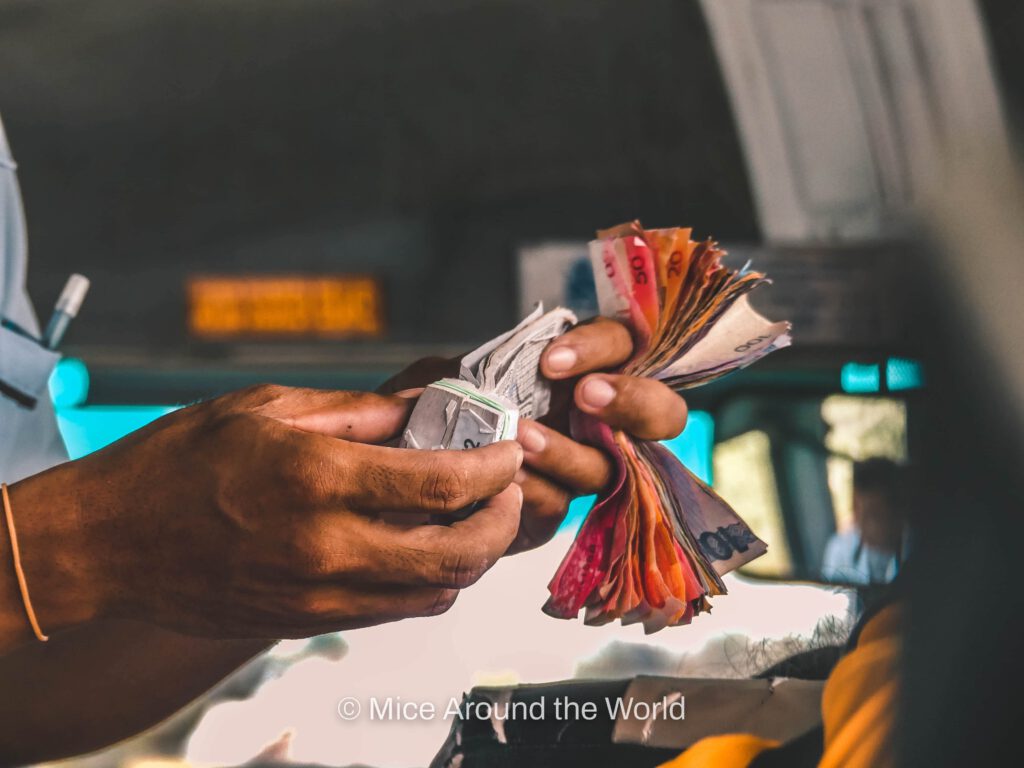
The solution: OpenBank.
Openbank is a subsidiary of the Spanish bank Santander. Openbank offers multiple services and products: current- and savings accounts, credit cards and tools to invest your money. Because of EU law, it is possible for all citizens in the EU to open a bank account with this bank.
Savings up to €100,000 are guaranteed under EU law in case of bankruptcy or a financial crisis. This way, you don’t need to be worried about storing your money in a foreign bank. Openbank is officially established in Spain but has offices in the Netherlands and the utmost friendly, helpful, and Dutch-speaking customer service.
Services
Openbank offers multiple services which will help people who travel a lot and often make payments in foreign currencies. Apart from this, they offer lots of other financial benefits.
Right now (2023), Openbank offers the following options:
- E-commerce card (used for webshop purchases, not of value for travellers)
- R42 debit card (comes free with a bank account)
- R42 Mastercard (this is the credit card you want to have to be a traveller)
- R42 Metalcard (more expensive credit card with extra benefits, not necessary).
If you become a client with Openbank, you will receive automatically a current account and a debit card. Apart from this, it is highly advisable to purchase the R42 Mastercard for €1.99 (one-time). The R42 Mastercard functions as a normal credit card, the difference being that it is a prepaid credit card. The money is immediately deducted from your account when you make a transaction, instead of the next month. You have the possibility to turn on the ‘travel benefits’ on your R42 Mastercard. In the next part of this blog, we’ll explain this in more detail.
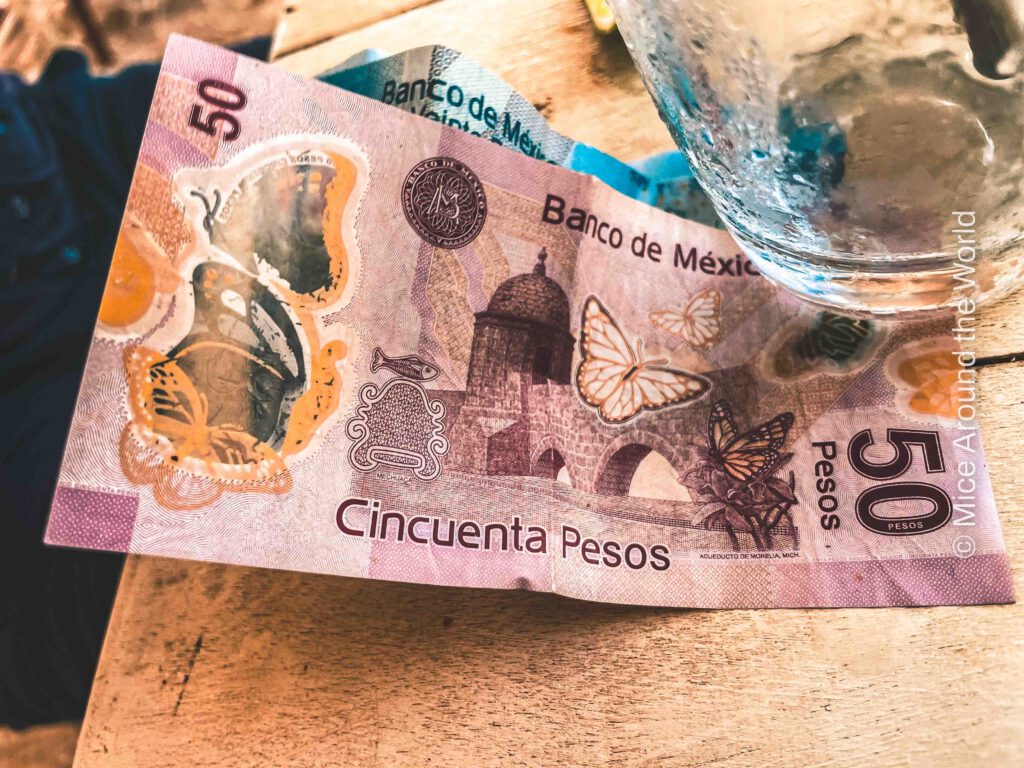
The advantages of Openbank
- Having a bank account with Openbank is totally free, as opposed to ‘normal’ banks. ING (a Dutch bank), charges their clients €36 per year just to have a bank account and €25 annually for a credit card.
- The R42 Mastercard is a prepaid credit card, you don’t spend what you don’t have.
- New clients at Openbank are eligible for a ‘welcome savings account’ on which you receive 2% interest in the first six months on your savings up to €10,000. This means €100 without any effort for you as a client.
- You can withdraw cash for free at Santander banks (usually located only in Spanish-speaking countries) en unlimited cash withdrawing five times per month within the Eurozone.
- A useful app on your telephone which functions properly and notifies you every time you make a payment or withdraw money.
- The benefits of a ‘normal’ credit card: purchases are insured against companies going bankrupt.
- Openbank has very friendly customer service that is willing to help you anywhere in the world.
Disadvantages of Openbank
To be 100% honest, it’s for us to think of many disadvantages. Using Openbank, you are able to transfer money from your account to other bank accounts, it only takes a bit longer because the money has to pass Spain. Not available yet is the use of Ideal and Tikkie, two Dutch payment applications. Of course, you can pay with your credit card in a webshop.
The Travel Benefits
Now here’s the part that’s especially interesting for you as a traveller. Openbank offers the option to switch on the travel benefits on your R42 Mastercard while you’re on the road. Each month, you can easily switch this on and off in the app. This will cost you €7.99 per month, but it will save you a lot more and is thus worth it. If your travel benefits are switched on, you can:
- You are able to withdraw cash anywhere in the world 5x every month. ‘Free’ means that Openbank does not charge exchange rate surcharges on the transaction amount, saving you a lot of money.
- You are able to use your credit card to make payments for hotels, flight tickets, restaurants and so on, in any currency, anywhere in the world, without exchange rate surcharges. Moreover, Openbank makes use of the official Mastercard exchange rate, considered the most favourable, surpassing Visa, American Express and Wise. Because you don’t have the problem of exchange rate costs, you can always pay in the local currency (which is cheaper anyway) without hidden costs. This has saved us a lot of money over time.
- You get travel insurance with Zurich. This covers a multitude of risks, including medical expenses, stolen luggage and legal assistance. We can not speak from our own experience on the handling of claims by this company, because luckily up until now we did not need to make use of it.
* Extra advice: Again, always pay in the local currency when using the R42 card. We noticed that many foreign companies let their clients pay in various currencies, but paying in Euro or USD is almost always more expensive. For example, when flying with AirAsia, pay in Malaysian Ringgit when booking a flight to or from Malaysia, this might save you up to €8,- per ticket.
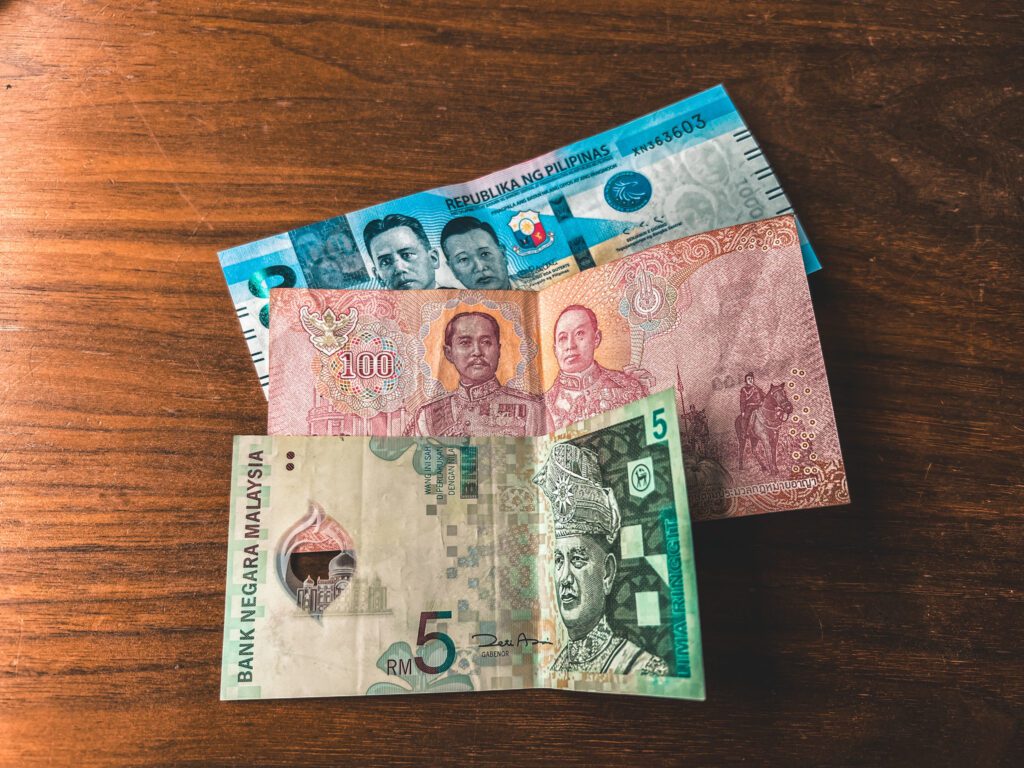
How to open a bank account with Openbank?
Are you convinced after reading this article? Good! Then we’ll explain how to open a bank account with this bank.
- Click on this link to open a bank account with Openbank.
- You are required by law to identify yourself using your ID card or passport.
- Check whether there are current promotions applicable to the setting up of your account.
- Continue the process, customize your R42 Mastercard and choose a colour.
- Don’t forget to say you want a ‘welcome savings account’ as well because of the high interest rates.
- Wait till you receive the debit and credit cards.
- Download the Openbank App.
- Activate your cards
- Transfer an amount into your Openbank savings account in order to receive interest every month.
- Enjoy your travels and save money wherever you go!
- Don’t forget to turn on and off the travel benefits on your R42 Mastercard when you leave and re-enter your home country.
More Travel Essentials
We invest a lot of time and energy in our articles and write them with sincere love. By clicking the links in this blog for your purchases, you pay exactly the same amount, but we receive a small percentage. Thank you for supporting us. ?


